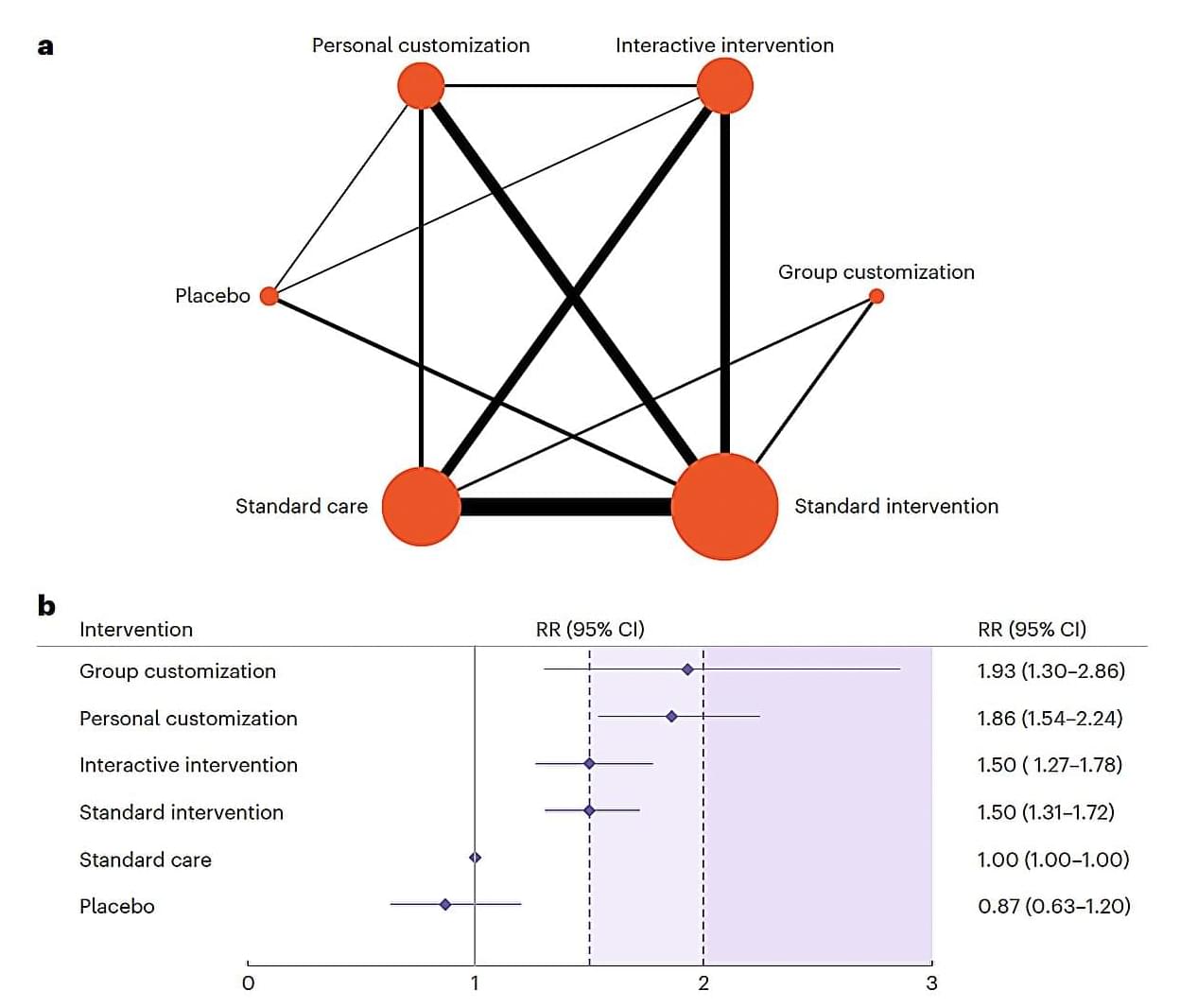Smoking remains one of the most deleterious habits for human health, as it is known to increase the risk of several life-threatening diseases, including lung and throat cancers, heart disease and strokes. While most smokers are well aware of its associated health risks, ceasing this habit can be a very difficult process.
Moreover, conventional programs for smoking cessation, such as those based on psychotherapy or nicotine replacement therapy, are not financially or physically accessible for all individuals who wish to stop smoking. In recent years, behavioral scientists and psychologists have been working with engineers to create digital interventions that support people in their efforts to quit this unhealthy habit.
Researchers at Sichuan University in China have carried out a systematic review and meta-analysis of past research studies investigating the effectiveness of various digital interventions for smoking cessation. The results of their analyses, presented in a paper published in Nature Human Behavior, suggest that personalized and group-customized technology-based programs could be particularly beneficial for smokers who wish to quit, with middle-aged individuals responding better than younger populations.









